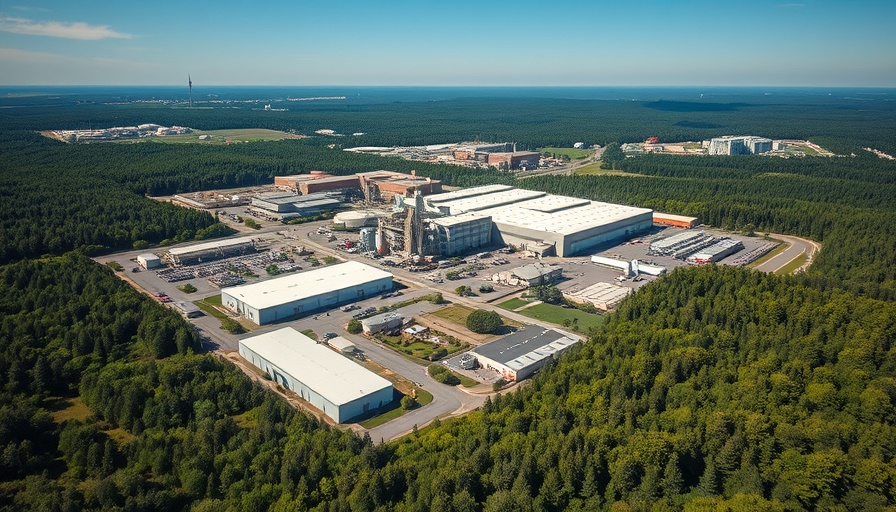
North Carolina Shines Bright in Business Rankings
In a remarkable achievement, North Carolina has been once again crowned as America’s #1 State for Business by CNBC, marking the third time in four years that the state has taken this title. Ranking highly across ten crucial categories, North Carolina achieved an impressive score of 1,614 out of a possible 2,500 points, leaving other states in the dust.
The state’s success can be attributed to its outstanding performance in key areas such as the economy, workforce, and business friendliness. With top scores in these domains, North Carolina has showcased its commitment to creating an environment conducive to growth and innovation. Governor Stein emphasized, "Our people, state’s business climate, top research universities and excellent community college system, infrastructure, and high quality of life help both companies and workers thrive,” highlighting the holistic approach to fostering a thriving business ecosystem.
Economic Growth Boom: Catalysts for Success
This accolade ushers in a wave of economic expansion for North Carolina, which has recently announced ambitious projects poised to generate nearly $17 billion in capital investments, translating to over 20,000 new jobs across the state. This robust economic development underscores the state's strategic focus on clean energy as a vital sector driving growth. With more than 100,000 residents currently employed in this rapidly emerging clean energy economy, North Carolina is setting a national standard for sustainable practices and job creation.
The state's commitment to workforce education is being strengthened by recent legislative measures. A new executive order establishing the Council on Workforce and Apprenticeships aims to improve workforce development by outlining 11 strategic goals. Moreover, Senate Bill 124 has been passed, which reduces the requirements for certain state jobs, expanding public employment opportunities and potentially providing a pathway for many residents to secure stable jobs.
Community Initiatives: Investing in the Local Landscape
Beyond economic and workforce development, cultural initiatives are fostering community connection and tourism. The “Rediscover the Unforgettable” campaign by Visit NC encourages residents and tourists alike to explore the natural beauty of western North Carolina. Such efforts not only bolster local businesses but also promote a sense of pride among residents.
The Western North Carolina Small Business Initiative, backed by a generous $55 million investment from Dogwood Health Trust and the Duke Endowment, has already provided grants to over 2,000 local businesses. These initiatives create a ripple effect, enhancing community resilience while supporting entrepreneurs and local enterprises.
Impacts on Charlotte: Local Growth and Community Prosperity
For residents of Charlotte, this recognition as a premier business state carries significant implications. The inflow of investments and job opportunities can rejuvenate the local economy. As a hub for clean energy and innovation, Charlotte stands as a shining example of how urban areas can leverage their resources to benefit local families and businesses.
Furthermore, as the city navigates its rapid growth, residents can expect an uptick in urban development projects, innovative transportation solutions, and an overall heightened quality of life. This aligns with Charlotte's burgeoning identity as an economic powerhouse, reflecting a city that is not just a place to live, but a thriving community brimming with potential.
The Bigger Picture: Why This Matters
So, what does being named the #1 State for Business mean for the average Charlotte resident? It translates to increased job opportunities, improved public services, and a vibrant community landscape. With the local government taking active steps to ensure access to good jobs and creation of sustainable economic growth, residents can anticipate a bright future.
This ranking is not merely a symbolic achievement; it indicates a solid commitment to fostering an environment where businesses thrive, thereby enriching the lives of residents. For anyone invested in the future of Charlotte and North Carolina as a whole, these developments signal reasons for optimism.
 Add Row
Add Row  Add
Add 




Write A Comment